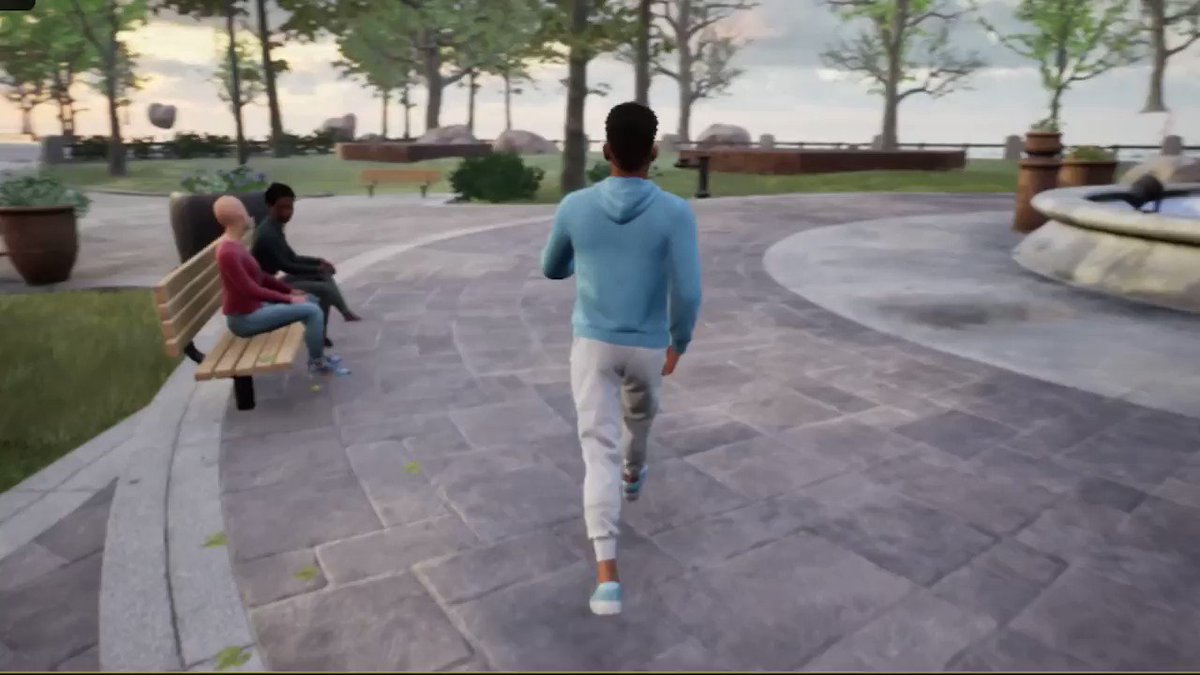
Can Crosswords and Games Prevent Dementia?
It makes sense in principle: You exercise your muscles to make them stronger and prevent frailty and decline; shouldn’t your brain work the same way?
That premise launched multiple brain training websites and apps, and most likely contributed to the sale of countless Sudoku, crossword and logic puzzle books over the past two decades. It also inspired numerous academic researchers to explore whether cognitive training really can make people smarter and even lower the risk for dementia.
But, as often happens in science, a seemingly straightforward idea is more complicated than it appears. Because the answer to, “is training your brain helpful?” depends on what type of exercises you’re doing and what benefits you’re seeking.
When psychologists conduct research on whether it’s possible to improve cognition, they mostly use computer games developed to enhance a specific aspect of how we think. Some brain training games teach people strategies to improve a skill or recognize patterns. Others gradually increase speed and difficulty to challenge the brain, said Lesley Ross, a professor of psychology at Clemson University.
Many studies have shown that playing these games can improve people’s cognitive abilities — not just on the specific task they’re working on, but related tasks, too. That “isn’t terribly surprising,” said Adrian Owen, a professor of cognitive neuroscience and imaging at Western University in Ontario, Canada, just as someone who practiced memorizing phone numbers would probably get better at remembering dates.
Leave a Comment
Related Posts














/cdn.vox-cdn.com/uploads/chorus_asset/file/24007927/acastro_STK119_Peleton_01.jpg)



